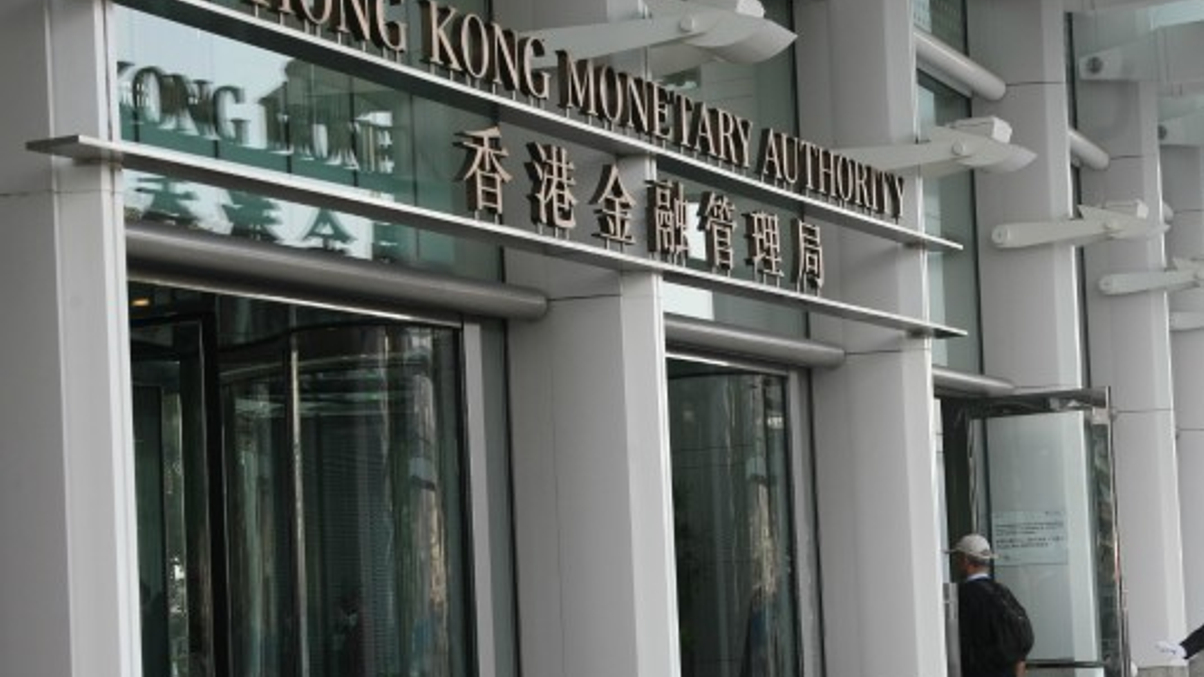HKMA shuffles investment chiefs
Hong Kong's de facto central bank has hired an ex-Goldman Sachs executive as head of external managers and appointed new heads of asset allocation and direct real estate.

Hong Kong Monetary Authority (HKMA) is ringing senior changes to its investment team, AsianInvestor can reveal.
Sign in to read on!
Registered users get 2 free articles in 30 days.
Subscribers have full unlimited access to AsianInvestor
Not signed up? New users get 2 free articles per month, plus a 7-day unlimited free trial.
¬ Haymarket Media Limited. All rights reserved.


